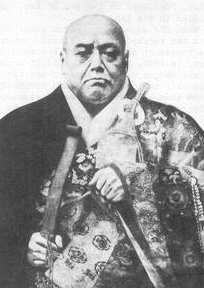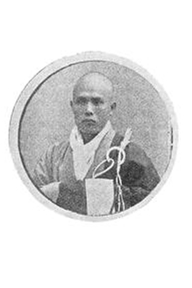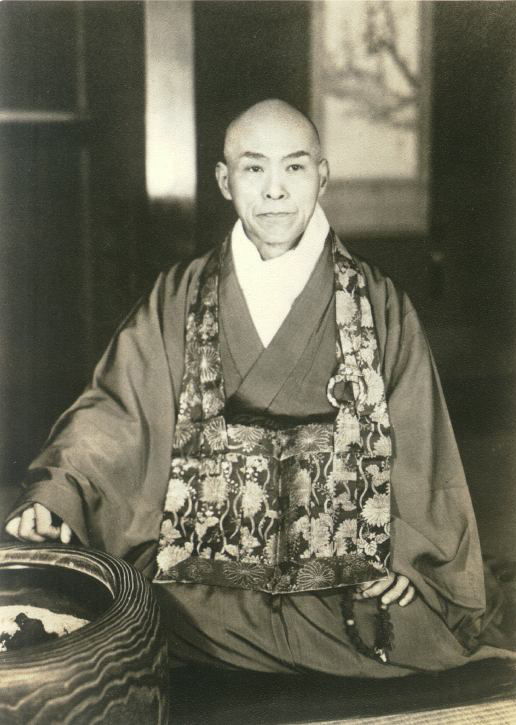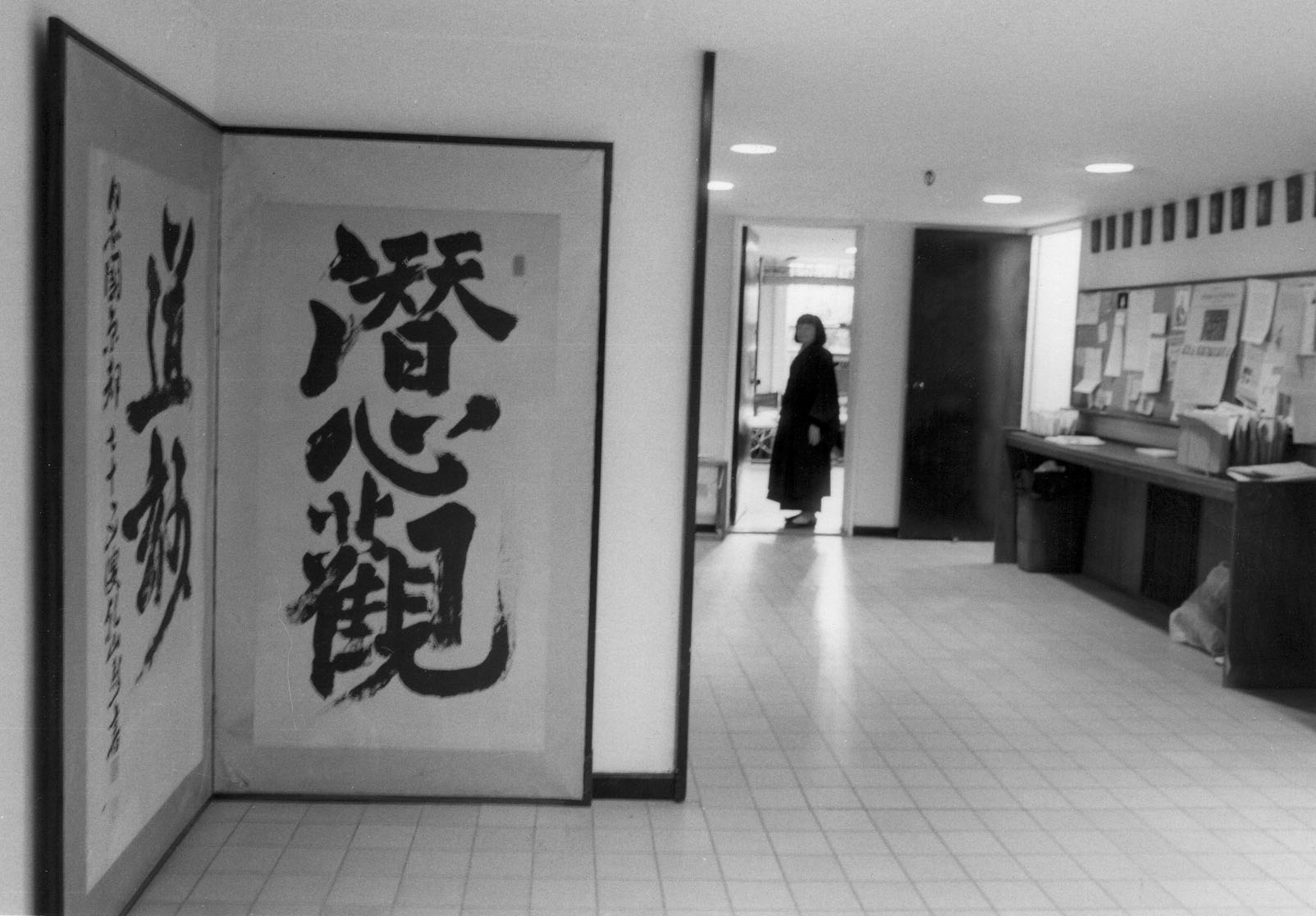
| Home |
| Open House |
| Schedule |
| History |
| Sokei-an Sasaki |
| Publications |
| Archives |
| Zen Notes |
| Zen Notes On Line |
| Zen Books On Line |
| Zen Notes T.O.C. |
| Film Series |
| Membership |
| Volunteers |
| Contact Us |
| Donate |
|
History of the First Zen Institute of America Sokei-an Sasaki, the founder of the First Zen Institute, was the first Zen master to settle permanently in America.  Sokei-an Sasaki, 1882-1945
Sokei-an’s roots as a lay practitioner trace back to the founding of the Ryomokyo-kai Zen Institute in 1875 by the Japanese Rinzai Zen master Imakita Kosen. Ryomokyo-kai was dedicated to reviving Zen in Japan by recruiting talented and univerity-educated lay people. Kosen's most celebrated disciple, Soyen Shaku, visited America in 1893 to attend the World's Parliament of Religions in Chicago. In 1905 he returned to America where he lectured and taught briefly. Soyen assigned responsibility for the lay Zen institute Kosen founded to his Dharma heir, Sokatsu Shaku. This group included women and men. Sokei-an was Sokatsu's student and came to America with him in 1906 to establish a Zen community in this country. When Sokatsu returned to Japan in 1910, Sokei-an remained to season his Zen and familiarize himself with the American character. After wandering across America and improving his English, he made several trips back to Japan and received credentials as a lay Zen master from Sokatsu. He became a priest during the 1930's because he felt Americans would not respect a lay person bringing Zen.    Imakita Kosen, 1816-1892 Soyen Shaku, 1859-1919 Sokatsu Shaku, 1869-1954
Sokei-an described his way of teaching as ‘a direct transmission of Zen from soul to soul.’ In 1930, after attracting a number of students in New York, he founded the First Zen Institute, which was originally incorporated under the name, Buddhist Society of America. After many productive years of teaching Zen in English, translating and lecturing on important Zen texts, Sokei-an was interned at Ellis Island along with other Japanese during World War II. He died shortly after his release in 1945. The name of the organization he founded was changed to his original choice, the First Zen Institute of America. Since his death, Sokei-an's student Mary Farkas (1910-1992) and other lay members have volunteered their time to publishing his teachings in Zen Notes and in several books and maintaining the Institute as a place where interested persons can learn more about and practice of Rinzai Zen. During the postwar period, two Zen masters have taught in association with the Institute, Isshu Muira in the early 1960's, and Joshu Sasaki from 1970 to 1987. For the past seventy-five years, volunteers at the Institute have provided Americans with both an introduction to Rinzai Zen and accurate information on the Zen school's history and practices.  Mary Farkas in the Ground Floor Offices at the First Zen Institute, 1980s
|